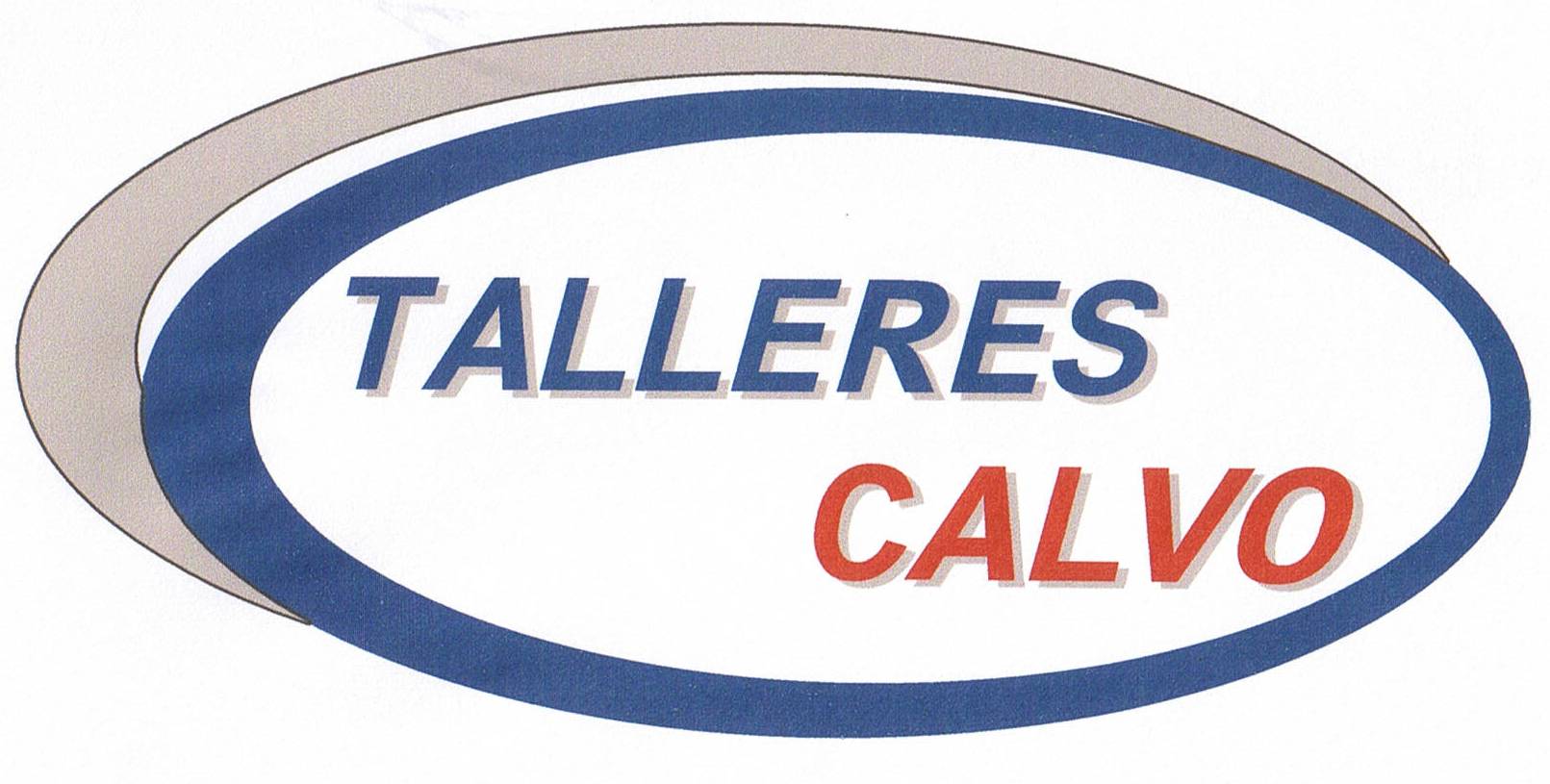As businesses expand, there are times when they may need to share confidential information with third-party vendors, contractors, or employees. To ensure that the information remains confidential, the company may require these individuals to sign a confidentiality agreement. However, what happens if someone receives confidential information before signing such an agreement? This is where a retroactive confidentiality agreement comes into play.
A retroactive confidentiality agreement is a legal document that extends the protection of confidential information to a period before the agreement was signed. In other words, it covers information that was already received by an individual even before they signed an official agreement.
Why is a retroactive confidentiality agreement important?
In many cases, confidential information can be disclosed before the parties involved have a chance to sign a confidentiality agreement. For instance, in an acquisition deal, sensitive information may be shared with potential buyers before all parties have signed an agreement. In such cases, retroactive confidentiality agreements ensure that the confidential information remains protected.
Another reason why retroactive confidentiality agreements are important is that they can provide legal protection in case of disputes. If someone breaches the agreement by sharing confidential information, the retroactive agreement can be used to prove that they had agreed to keep the information confidential even before they signed an official agreement.
How to implement a retroactive confidentiality agreement
For a retroactive confidentiality agreement to be legally enforceable, it must meet certain requirements. First, the agreement must clearly specify the period during which it applies retroactively. It must also clearly detail the confidential information that the agreement covers.
When implementing this type of agreement, it is essential to ensure that all parties involved understand the agreement`s terms and consequences. The agreement should also be signed by all parties involved and kept in a secure location.
Conclusion
To protect confidential information, businesses should use retroactive confidentiality agreements, especially in situations where sensitive information is shared before signing an official agreement. These agreements help to ensure that the information remains confidential and provides legal protection in case of any disputes. When implementing a retroactive confidentiality agreement, it is crucial to ensure that it meets all legal requirements and is signed by all parties involved.
